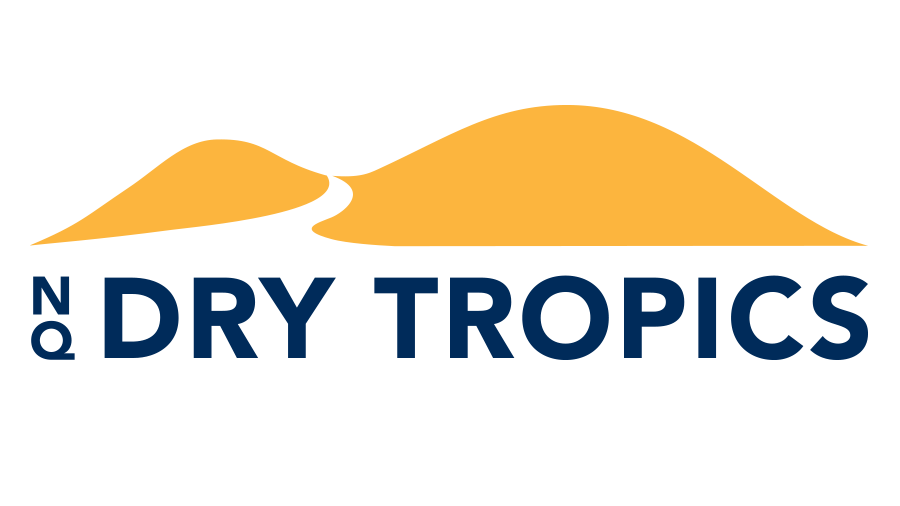Burdekin sugar cane growers are finding innovative ways to improve water quality on the Great Barrier Reef by minimising water run-off from their properties.
The Burdekin is the engine room of Queensland’s sugar industry, producing between 8-9 million tonnes of sugar cane each year. Laurence Pavone runs a sugar cane farm near Brandon and is involved in a research and development project – not simply aimed at lifting productivity or cutting costs – but at minimising water, nutrient and chemical run-off from his farm, improving water quality on the reef.
It involves embracing advancing technology. Mr Pavone is moving from an existing furrow irrigation system to a wireless controlled automated flood irrigation system.
He has installed a wireless advanced sensor communication network, called Plexus, that can be viewed from his Smart phone or Smart device, wherever he is at any time of the day. It measures soil moisture tension, soil moisture content, soil temperature, soil electrical conductivity and rainfall.
Mr Pavone is convinced it is a solution for long-term sustainability for the sugar industry.
“The need to innovate and minimise our impact is always ‘top of mind’,” Mr Pavone said.
“Farming practices that improve water quality as well as generate good economic return is a win for growers. It’s a simple equation, innovation + information = sustainability, for both farmers and the Great Barrier Reef.
“I’ve been using the Plexus system for about 12 months and it is definitely a more scientific approach to delivering precisely what the crop needs in the way of water,” Mr Pavone said.
“I am only putting on what the crop needs. It’s early days but the data indicates that the farm will see significant improvements to water use efficiency, reduced irrigation and nutrient inputs, and improved nitrogen and water use efficiency.
NQ Dry Tropics Paddock to Reef project officer Jade Fraser said it was important sugar cane industry innovators working on water quality target projects were supported, and for industry to demonstrate the changes.
“Sugar cane growers are constantly solving problems on their land with creative ideas,” Mr Fraser said.
“Although not new, the Plexus technology is used in the horticultural industry, recent application by sugar growers is making it more practical and useful for the sugar cane industry.
“The system supports targeted agronomy and the adoption of precision agricultural practices, and this is important for the Paddock to Reef Integrated Monitoring, Modelling and Reporting Program because it allows us to measure and report on progress towards Reef Plan’s goal and targets.
“Jointly funded by the Australian and Queensland governments, the program collects and integrates data and information on agricultural management practices, catchment indicators, catchment loads and the health of the Great Barrier Reef.
“Trials such as the one Mr Pavone is undertaking will provide NQ Dry Tropics with on-ground evidence of water quality improvements from different land management practices,” he said.
Mr Pavone has applied for an Innovation Grant aimed at helping the industry meet water quality targets. Through funding under the Australian Government Reef Trust: Reef Alliance Program – Growing a Great Barrier Reef, the program is being delivered by NQ Dry Tropics in the Burdekin region.
Mr Fraser said these grants boost grower-led innovation and offset the risk of innovation to those forward thinking growers who are testing and validating new ideas on behalf of the industry that have the potential to make a significant contribution towards reducing nutrients moving off-farm.
